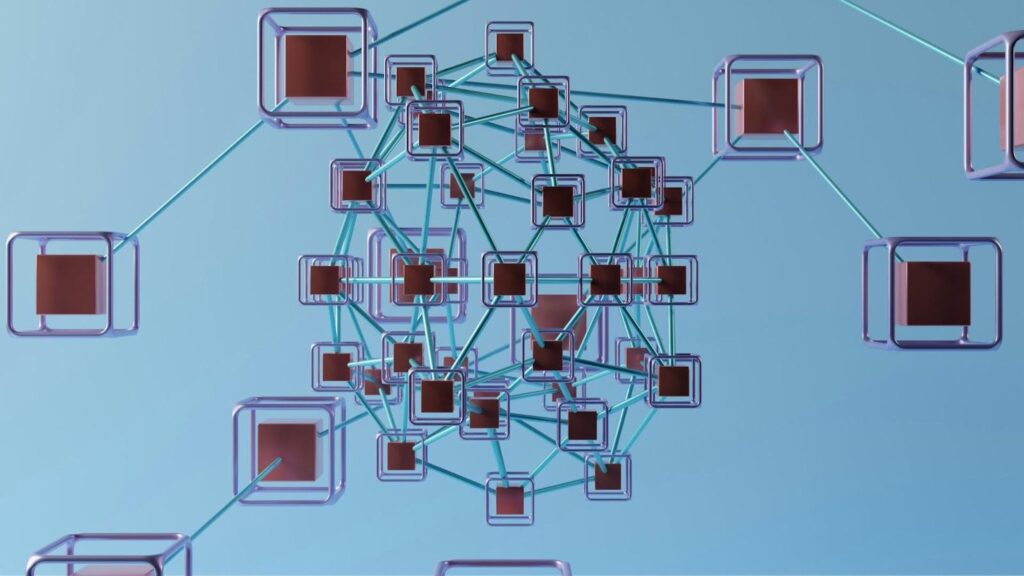
The digital world continues to develop quickly, and consumers have been able to benefit significantly from the convenience it offers in a number of industries. However, until recently it has facilitated the growth of large companies. As technology moves towards decentralization, it is giving power back to consumers who no longer need to rely on middlemen and third parties.
Decentralized tech like open-source AI and blockchain is helping users create content and monetize it, helping to revitalize the original purpose of the internet as a global platform to facilitate value creation and distribute power.
Industries Benefitting from Decentralization
While decentralized technology helps consumers with individual ownership, it is also being implemented by numerous industries to streamline performance and increase access.
Supply chain networks using decentralized tech benefit from improved transparency and traceability, increased efficiency, and improved collaboration.
The online gambling industry is another that benefits from the use of decentralized technology as casino expert Wilna van Wyk explains. Crypto casinos improve access for many Americans living in states without legal online casino options. These offshore alternatives can be found online, and are known to support cryptocurrencies, which helps players avoid costly conversion rates. Online casinos that operate on the blockchain also offer faster payouts and greater transparency, with all transactions recorded on a digital ledger that can be accessed by the public.
The Power Transfer from Large Corporations to Individuals
The internet was designed to provide a fair playing field for all involved, making the distribution of power easier and creating a democratic online society. However, the monopolization of large companies like Meta and Amazon has seen smaller businesses and creators struggle to compete fairly.
Decentralized networks facilitate small entities and individuals in being able to dismantle existing hierarchies and decentralized crypto and AI tech is at the forefront of this.
This is helping to create a fairer environment where everyone has access to the same tools, rather than tech giants monopolizing them. It also allows users to register their content on blockchain networks and embed them with usage and ownership terms. Automated monetization and revenue-sharing agreements help these smaller creators access a global market without losing a cut of the profits to intermediaries and agents.
The Potential for an AI and Crypto Revolution
AI and crypto collaborations have been key to how the digital landscape has been shaped in recent years. They have also been instrumental in revolutionizing the logistics and healthcare industries, as well as helping autonomous vehicles come to market.
Decentralized networks make it easier for streamlined and real-time data transfers and handling, as well as creating fully immersive and monetized entertainment and educational facilities. VR and AR integration and the automation of monetized platforms are helping to drive markets forward, and they are no longer limited to the biggest and most profitable businesses.
Privacy Improvements with Decentralization
Consumers can also benefit from enhanced privacy thanks to decentralized networks, with the ability to carry out secure peer-to-peer transactions without providing sensitive data or sharing bank details.
Online privacy has become a priority for many consumers, but this is growing increasingly difficult with many businesses and service providers offering the majority of their services and products online.
Crypto transactions can be carried out without involving third parties. The enhanced security and transparency provided by blockchain technology are features that more industries are looking to implement.
The potential for decentralization is huge, but its scalability is something that will take time to reach the same levels as more established centralized networks. Potential regulatory changes could also impact new and emerging ecosystems that are disrupting how industries operate.
The innovative and adaptable nature of this technology means that problems can be negotiated, and the active participation of users will help to cement its future.
If you’re exploring privacy-focused technologies in the digital space, you may have come across the term “What is Adfixus” in recent discussions. Adfixus is emerging as a tool designed to enhance data privacy and user control by reducing reliance on third-party cookies and enabling consent-driven marketing practices











